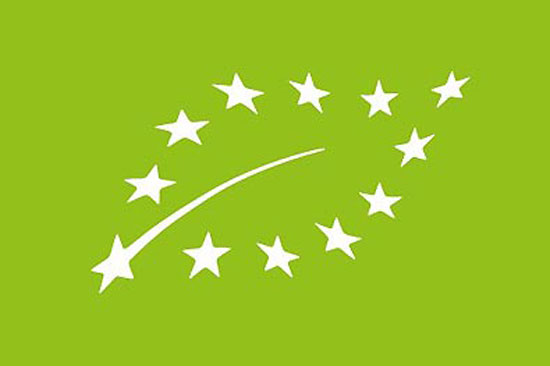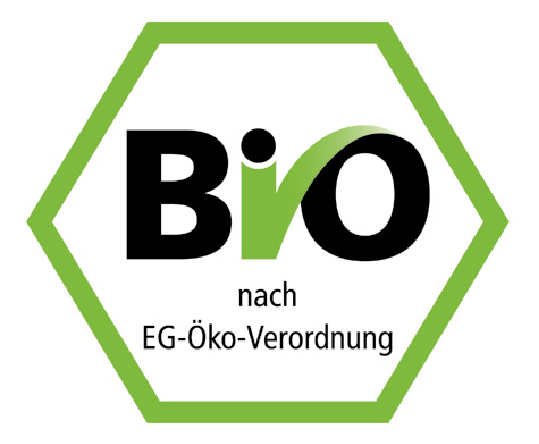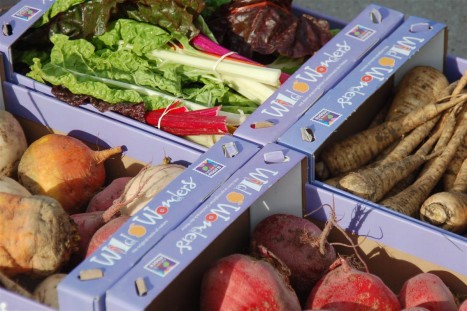Organic logo
 If the European organic logo is displayed on a product, it's guaranteed organic. The word "organic" is protected by European law, so it can only be used by producers who have received official certification according to European standards. Compliance with regulations is strictly monitored. When Eosta imports fruits and vegetables from South America, Africa or Asia, these products not only have to adhere to strict European organic regulations they are also controlled by EU approved organisations. Furthermore, Eosta also regularly conducts her own residue tests. It really does not matter if an organic product is sold at farmers market or at the discounter, if it is sold as “organic” it should apply to the strict regulations set down in legislation.
If the European organic logo is displayed on a product, it's guaranteed organic. The word "organic" is protected by European law, so it can only be used by producers who have received official certification according to European standards. Compliance with regulations is strictly monitored. When Eosta imports fruits and vegetables from South America, Africa or Asia, these products not only have to adhere to strict European organic regulations they are also controlled by EU approved organisations. Furthermore, Eosta also regularly conducts her own residue tests. It really does not matter if an organic product is sold at farmers market or at the discounter, if it is sold as “organic” it should apply to the strict regulations set down in legislation.



 Apart from the European organic logo, there is a large number of other reliable certifications: the international Demeter lable, Bio-Siegel and Naturland in Germany, EKO in the Netherlands, Biogarantie in Belgium, Ecocert AB in France, KRAV in Sweden, BioSuisse in Switzerland, etc. An international overview of organic trademarks can be found here:
Apart from the European organic logo, there is a large number of other reliable certifications: the international Demeter lable, Bio-Siegel and Naturland in Germany, EKO in the Netherlands, Biogarantie in Belgium, Ecocert AB in France, KRAV in Sweden, BioSuisse in Switzerland, etc. An international overview of organic trademarks can be found here: 
